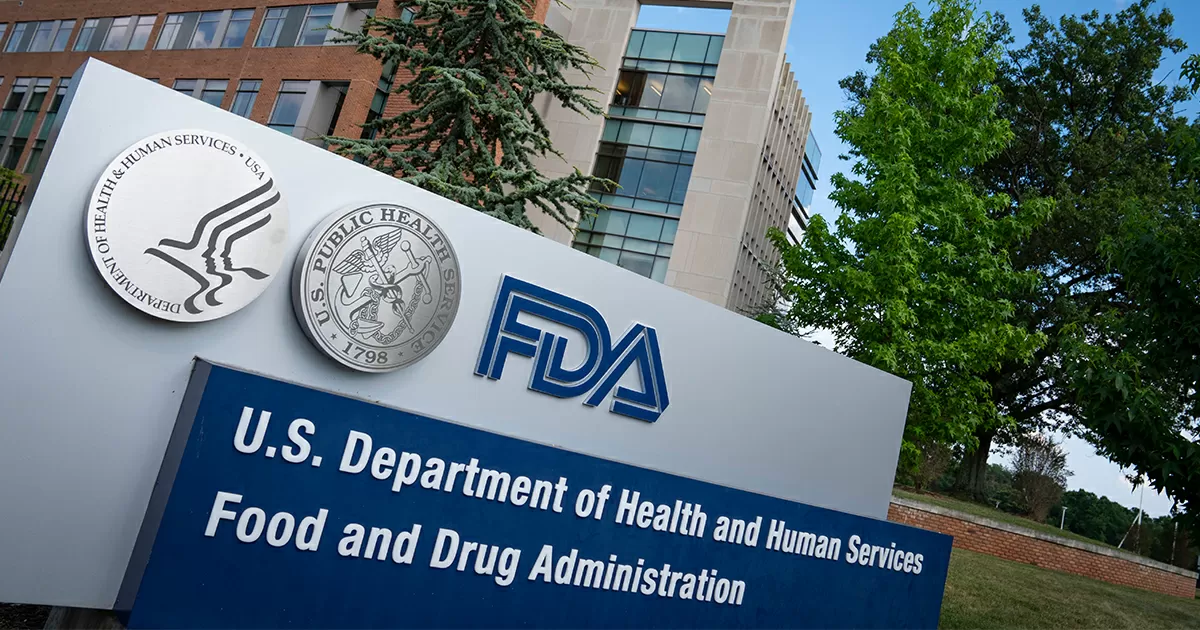In a recent letter to the Food and Drug Administration (FDA), members of Congress have expressed concerns over the deployment of clinical decision support software by healthcare providers. The letter, signed by a bipartisan group of lawmakers, highlights the confusion surrounding the use of this software and calls for clarity from the FDA’s Center for Devices and Radiological Health (CDRH).
Clinical decision support software (CDS) is a type of technology that provides healthcare professionals with information and tools to assist in making clinical decisions. It can range from simple alerts and reminders to more complex algorithms that analyze patient data and provide treatment recommendations. CDS has the potential to improve patient outcomes and reduce healthcare costs, making it an important tool in the healthcare industry.
However, the use of CDS has raised questions about its regulation by the FDA. Currently, CDS software that is intended for use by healthcare providers to assist in clinical decision-making is exempt from medical device regulations. This exemption was put in place to encourage innovation and development in the field of healthcare technology. However, it has also led to confusion among providers and patients about the safety and effectiveness of these tools.
In their letter to the FDA, members of Congress have highlighted the need for clarity on the regulation of CDS. They have expressed concerns that the current exemption may be allowing for the deployment of software that may not be safe or effective. The lawmakers have also noted that the lack of clear guidelines from the FDA has led to varying interpretations and practices among healthcare providers, further adding to the confusion.
The letter also emphasizes the importance of ensuring patient safety and the need for the FDA to provide clear guidance on the regulation of CDS. As technology continues to advance and play a larger role in healthcare, it is crucial that the FDA keeps up with these developments and provides clear and consistent regulations to protect patients.
The FDA’s CDRH has responded to the letter, acknowledging the concerns raised by the lawmakers and stating that they are working to address these issues. The CDRH has also stated that they are committed to providing clear guidance on the regulation of CDS and will continue to work with stakeholders to ensure patient safety.
The letter from members of Congress and the response from the CDRH highlight the importance of addressing the confusion surrounding the regulation of CDS. As healthcare technology continues to advance, it is crucial that the FDA provides clear and consistent guidelines to ensure the safety and effectiveness of these tools.
In addition to providing clarity on the regulation of CDS, the FDA must also work towards creating a streamlined process for the approval and clearance of these technologies. This will not only benefit healthcare providers and patients, but also encourage innovation and development in the field of healthcare technology.
It is encouraging to see members of Congress and the FDA working together to address these issues and ensure the safety and effectiveness of CDS. As the use of technology in healthcare continues to grow, it is important that all stakeholders work together to create a regulatory framework that promotes innovation while also protecting patient safety.
In conclusion, the letter from members of Congress to the FDA highlights the need for clarity on the regulation of clinical decision support software. The FDA’s CDRH has responded to these concerns and is committed to providing clear guidance on the use of CDS. It is important that all stakeholders work together to ensure the safety and effectiveness of these technologies, while also promoting innovation in the healthcare industry. With clear guidelines and a streamlined approval process, CDS has the potential to greatly improve patient outcomes and reduce healthcare costs.




